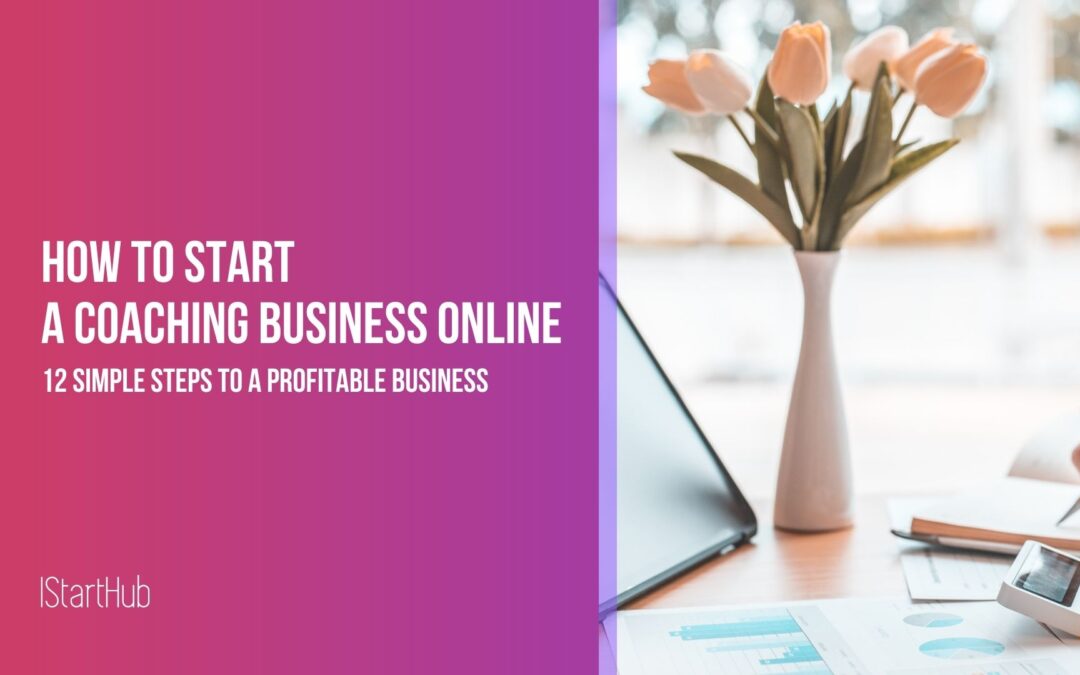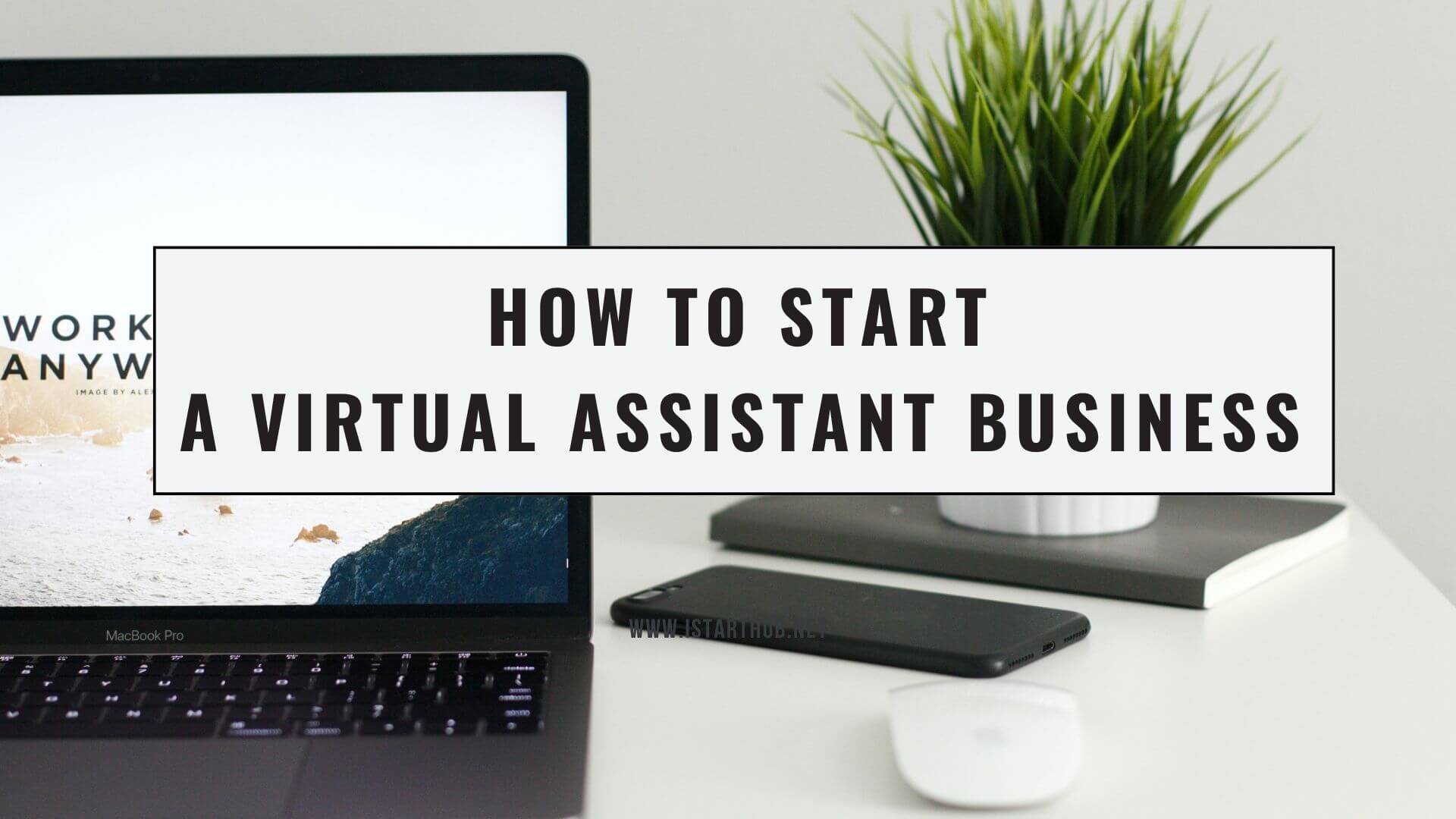Starting a coaching business is a big step. It takes courage, passion, and belief in yourself. But the truth is, it’s not an easy path to success.
Passion does not always mean profit!
Coaching is a skill, just like coding or teaching. If you want to start a successful and profitable coaching business online, you should consider many things. Otherwise, it is just a hobby.
So, I’ve prepared this guide with the strategic steps on how to start a coaching business online. Let’s go!
Table of Contents
- Why start an online coaching business?
- Coaching industry statistics 2024
- 12 steps on how to start a coaching business online
- 1. Find a coaching niche
- 2. Get a coaching certification
- 3. Create a business plan, but do not over-plan!
- 4. Go legally
- 5. Use the technology
- 6. Start practicing
- 7. Price your services
- 8. Focus on building a personal brand
- 9. Get coaching clients
- 10. Never stop learning
- 11. Scale up your business
- 12. Automate the processes
Affiliate Disclosure: some of the links in this article are affiliate links. It means if you buy through these links, we may earn a small commission to support this website at no cost to you.
Why start an online coaching business?
If you are still not sure whether to start an online coaching business, let me give you some advantages:
- The demand for quality coaches is high and growing!
The coaching industry is growing fast, and the demand for quality coaches is higher than ever. Finding your niche and building your brand can help you stand out in the crowded market.
- You can start with basic tools
You don’t need a lot of fancy equipment to start your coaching business online. A computer and some basic software are enough. You can always upgrade your tools as you get more clients and generate more income.
- Low barriers to entry
Starting an online coaching business is easy and affordable. You don’t even need a website to start. Many coaches have found their first clients through their network and using social media.
- A quick and easy start
If you have the skills to help people solve specific challenges, you can start coaching right away. Finding your first client may be the only thing holding you back from starting your coaching business.
- You are in control
As a coach, you are free to choose your clients, when and where you work, and how you coach. You can say no to clients who are not a good fit, and you have the power to fire clients who are disrespectful or not putting in the effort.
- You can do what you love
No more working in a job you hate, sitting in a cubicle, or listening to the buzz of fluorescent lights. Starting a coaching business, you may design your life and work in a way that brings you joy and fulfillment.
Coaching industry statistics 2024
Many people wonder how to start a coaching business and you know why? Coaching is an amazing industry with unlimited opportunities! Just imagine in 2022, the estimated market size for life coaching in the U.S. was $1,469.1 million, and it increased in 2023. The revenue of the Life Coaches industry reached $2.1 billion in 2023.
To understand the coaching industry more deeply, let’s look at some interesting life coach industry statistics:
- The whole coaching industry is expected to be worth $20 billion.
- The life coaching market size is $15.2 billion.
- 65% of coaches focus on business coaching.
- 99% of coached clients are satisfied or very satisfied!
- Business coaching in the United States makes over $14.2 billion.
- There are approximately 93,000 certified coaches worldwide.
- The average cost of a coaching session is $244, with sessions occasionally costing up to $1,000.
- Over 50% of coaches consider social media to be one of the most valuable tools for business growth, with Instagram and Facebook being popular platforms.
- Requiring a deposit helps reduce client cancellations and no-shows for 26% of coaches.
- Coaching provides substantial ROI, with a median return on investment of 7x, and in some cases, as high as 221%.
12 steps on how to start a coaching business online
What are the first steps to starting a coaching business? Many new coaches want to start fast and help more people achieve their goals.
And that is the right approach.
But how to build a coaching business and get paying clients?
Building an online coaching business has its own system, and I will help you understand how it works.
1. Find a coaching niche
Even successful life coaches who have done everything right in terms of business still struggle to get clients. They have a large reach and are known, but they still hustle to make coaching a viable gig. Why?
Because they are generalized ‘life coaches’.
No one knows what experts are talking about when they explain what they do as a life coach. They explain higher-level concepts when most of us are just trying to figure out how to get our problems solved.
Life coaching is a tough sell. Being a successful life coach means you should offer something more specific than just general coaching.
And finding a niche is the solution.
Building a coaching business starts with a niche.
Niching is about choosing the right target audience and the problem to solve for them.
How to find a powerful coaching niche? There are 4 factors to consider:
- Your passion and skills
- Abundance
- Affordability
- High-paying problems
There are many coaching niches, and the popularity of each can vary depending on factors such as location, culture, and trends. Here are just some of them:
- Mindset coaching
- Business coaching
- Health and wellness coaching
- Career coaching
- Executive Coaching
- Relationship coaching
- Spiritual coaching
- Financial coaching
- and many others
So, which one is yours?
2. Get a coaching certification
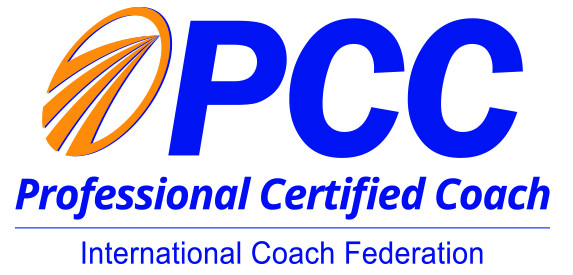
There are different opinions on whether you need a coaching certification. The final decision will mostly depend on your goals and target audience.
Many successful coaches are working without any certifications, but…!
If you plan to work with business owners and corporate clients, you will have more trust as a certified coach who follows ICF or other coaching guidelines.
On the other hand, if you are a wellness coach with strong experience in the niche and loyal clients, you may focus more on gaining more skills rather than getting a certification.
As a coach myself, I remember the day I joined ICF (International Coaching Federation). It was such an exciting moment to feel that I found my true passion. And now I have unlimited opportunities to help people with their goals and make money!
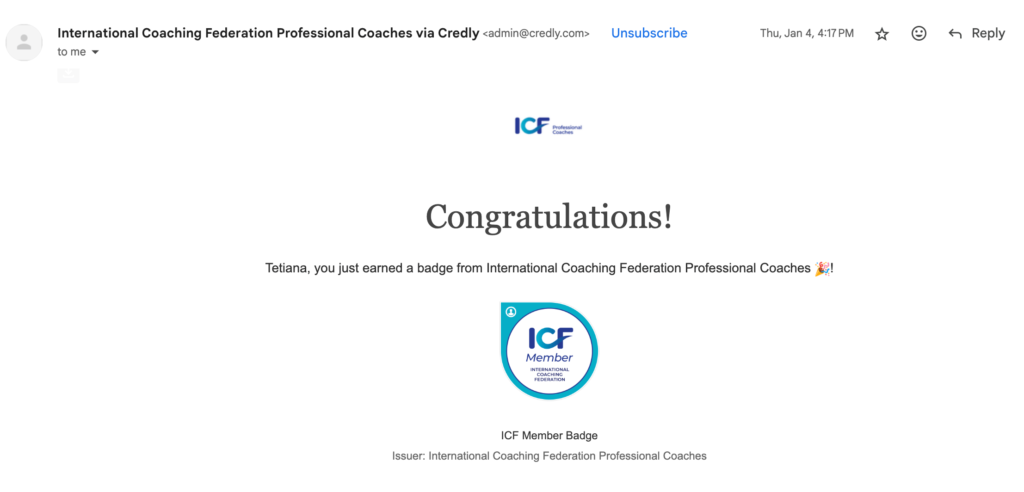
If you are interested in coaching certification, I recommend a Coach Training Alliance.
Coach Training Alliance is a reputed coaching school approved by ICF. It offers certification programs for future coaches. If you are serious about the coaching business, this is the place you can start diving into true coaching skills and techniques.

Coach Training Alliance
- Certified coaching programs
- Course groups are limited to 12 participants for effective learning and practice
- You can split the payment at your convenience
- Practice with clients starts during education
3. Create a business plan, but do not over-plan!
To start a coaching business you need a coaching business plan. A business plan is something most people associate with startups and big businesses. But I would advise you to have at least a strategy with steps and goals you plan to achieve as a coaching business owner.
Creating a coaching business plan will help you get the vision and move faster.
Coaching business plan is a compass toward your goals.
Here are the key items to include when creating a business plan for your coaching business:
Your business vision
Start with an overview of your coaching business. It should include the following information:
- Your coaching niche
- Your unique selling proposition (what makes you different?)
- The value you want to provide to your clients.
Market analysis
Identify your target audience, their needs, and the competition. Determine the size of the market, the number of potential clients, and your competitors. This information will help you to develop your marketing strategy.
Coaching services
Clearly define your services. Explain the coaching methodologies you will use, the expected outcomes for clients, and the pricing strategy.
Marketing strategy
Determine the best channels to reach your target audience, such as social media, email marketing, or networking events. Define how you will generate leads and convert them into paying clients.
Financial plan
How to start a life coaching business online without planning your income? Calculate the amount you need to make for a comfortable life. Then create a revenue forecast by estimating the number of clients you should attract weekly/monthly.
Timeline and milestones
Develop a timeline for your life coaching business. Set milestones and deadlines to stay on track and meet your goals.

Remember, a business plan is a living document you should update regularly. It is a roadmap to guide you toward success.
4. Go legally
If you start a coaching business, it’s important to register your business legally and form a limited liability company (LLC).
Sure, it may seem like an unnecessary task, but it’s actually a vital step in protecting your personal assets and establishing your business as a separate legal entity.
LLC helps separate your personal finances from your business finances, protecting your personal assets. Plus, it can add a layer of professionalism to your coaching business and help build trust with potential clients.
I would highly recommend you try ZenBusiness. The company positioned itself as a leader in the industry and we as the coaches shouldn’t agree for less!
Setting up an LLC is relatively simple and doesn’t require a lawyer. Read the article on how to create an LLC in simple steps.
5. Use the technology
The cool thing about online coaching is that there are so many ways to start it with no investments.
You can use Facebook groups for posting, Zoom for video conferencing, or even join a micro-community dedicated to coaching. Some coaches run live streaming within their online community.
When you are just building an online coaching business, you don’t need to invest in technology. When scaling up special services can help you automate the processes and manage clients easily.
- Project management software – Trello, Asana, or Basecamp to manage your clients and track their progress.
- Account management software – Freshbooks to send invoices and accept payments from clients.
- Customer Relationship Management software – Hubspot to manage client database and communication.
- Online course platforms – Teachable, Kajabi, or Thinkific to create and sell digital courses.
- Email marketing – Mailchimp, ConvertKit, or Aweber to communicate with clients and promote their services.
- Data analytics – Google Analytics or Hotjar to track website traffic and user behavior.
These services can help you as a coach to streamline the processes, save time, and increase productivity.
6. Start practicing
Setting up a coaching business means practicing a lot! Most new coaches feel unconfident because of their skills and the value they can bring to clients. As a result, they are just waiting for the ideal clients to come.
Trust me, it doesn’t happen that way.
The key to becoming a successful coach is practicing as much as you can. The more you practice, the more comfortable you become in your role. You’ll start to develop a routine and learn how to work with clients in a way that suits your unique style.
And if you feel unsure of yourself, consider partnering up with a more experienced coach who can guide you.
So, do not waste your time thinking if you are good enough to get high-ticket clients. Start practicing and grow your skills together with the rate for your service.
7. Price your services
How to build a successful coaching business? Setting the right price is highly important. You decided to start a coaching business for profit, right?
First things first, you need to figure out your expenses. What will it cost you to get started and keep your business running?
Some expenses are one-time, like certifications, a work phone, and website design. While others are recurring, like membership fees, and monthly internet access.
There are three main ways to charge for your services:
- Per session
- Per month
- Per package
To set the right price, consider your niche, your experience, your target audience, revenue goals, and certifications. You should also consider your reputation and background.
Make sure to include a coaching contract when you acquire new clients. It should be straightforward so they know what to expect from your services and what you expect from them.
If you’re not ready to provide full packages, offer discounted mini-sessions to friends and family. This way, you can get testimonials and candid feedback to help improve your services.
8. Focus on building a personal brand
People should get used to the thought you are a coach! Even if coaching is not something they need now.
That is why building a strong personal brand is highly important.
Share your expertise across all social media and networks. Help people associate coaching with you and once they need your help they will know where to go.
Here are some of the most effective channels you can use to build your brand:
- Social media platforms like LinkedIn, Twitter, Facebook, and Instagram help coaches build a strong online presence and connect with potential clients.
Famous coaches like Tony Robbins, Marie Forleo, and Brendon Burchard have a significant following on social media and use it to share their content, engage with their audience, and promote their services.
- Creating regular blog posts or podcast episodes can help you demonstrate your expertise and provide valuable insights to your audience.
John Lee Dumas, the host of the Entrepreneur on Fire podcast, is an excellent example of a coach who has built a successful personal brand through podcasting.
- Speaking at events and conferences can help you showcase your knowledge and skills to a wider audience.
Mel Robbins, a renowned speaker, and coach, has given several TEDx talks and has been featured as a keynote speaker at various events.
- Building relationships with other professionals in the industry will help you expand your network and increase visibility.
Jay Shetty, a motivational speaker, and coach, has collaborated with other influencers and celebrities to expand his reach and build his personal brand.
9. Get coaching clients
Getting your first coaching clients can be challenging. One of the most important things to do is to establish your expertise.
Here are a few tips to help you get started:
Share valuable content
Share articles, videos, infographics, or podcasts that provide helpful tips and insights related to your coaching niche. By consistently sharing valuable content, you can attract potential clients and position yourself as a thought leader in your field.
Answer questions
Use platforms like Quora, Reddit, or LinkedIn Groups, where people often ask questions related to their challenges or goals. By providing helpful and insightful answers to these questions, you can demonstrate your knowledge and attract potential clients.
Offer free 30-minute sessions
Free coaching sessions are an excellent way to get testimonials, identify potential clients, and establish your expertise. During these sessions, you can demonstrate your coaching style and provide value to your clients, which can help you build trust and credibility.
Build a community
Join online communities and platforms where your clients are active. You can start by joining groups on Facebook, LinkedIn, and Twitter. Look for groups that are relevant to your coaching niche and participate in discussions. Share your insights, offer advice, and engage.
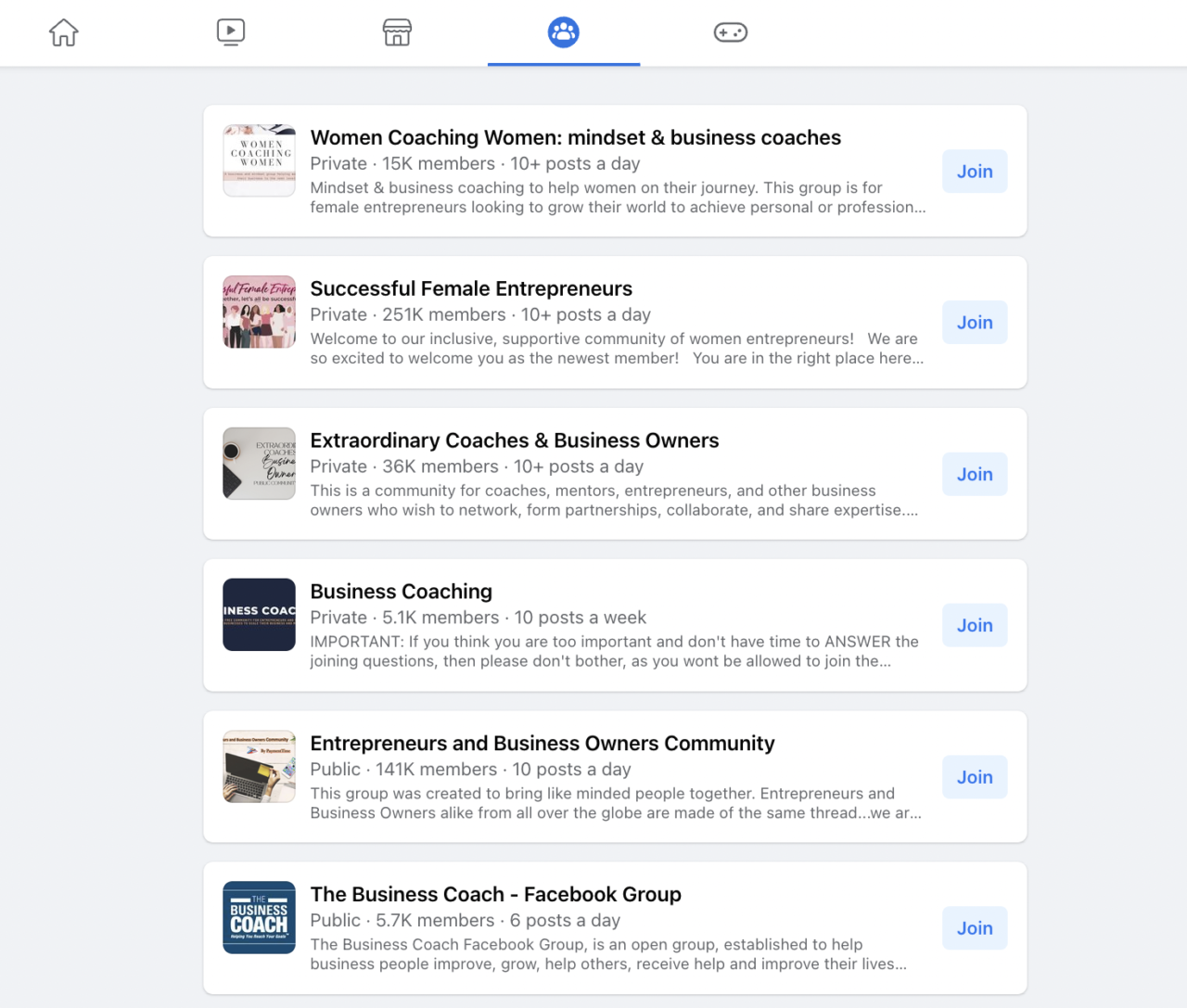
Once you’ve established yourself in the community, let them know who you are and how you can help. Share your experience and qualifications to show that you are a trustworthy and knowledgeable coach. Offer valuable insights to the group, and don’t be afraid to promote your coaching services.
Once you feel more confident, it is time to create your community. You can do this by setting up a Facebook group, a LinkedIn group, or even your forum. Invite the people you’ve been connecting with to join your community and build a relationship with them.
Remember, building a community takes time and effort. You should be patient, persistent, and consistent in providing value to people, and they will eventually become your loyal clients.
10. Never stop learning
Learning is essential for coaches.
Think about it this way: If you were to go to a doctor who hadn’t updated their knowledge and skills since graduating from medical school 20 years ago, would you feel comfortable with them treating you? Of course not!
Just like in any other field, staying current and continuously improving your skills is crucial to being a successful coach.
Attend coaching events
Workshops, seminars, and conferences can give you knowledge and opportunities to network with other professionals in your field. Online courses and webinars are also great ways to stay up-to-date with the latest trends and best practices.
Books and podcasts
Read books, blogs, and articles related to your niche. You can learn a lot from the experiences of others and apply the information to your coaching practice. Podcasts and videos can also provide valuable insights into different coaching techniques and strategies.
Ask for feedback
As a coach, it’s essential to get feedback from your clients. Feedback can help you identify areas for improvement and provide valuable insights. Don’t be afraid to ask for feedback and be open to receiving it with an open mind.
So, never stop learning, and always strive to be the best coach you can be!
11. Scale up your business
If you are building a successful coaching business online, you should think beyond one-on-one coaching sessions. When you have a strong personal brand, a loyal community, and regular clients, it is time to scale up and increase revenue.
Here are some of the most effective ways to consider:
Online courses
An online course is a game changer for any service-based business. Creating a product will help you reach a wider audience and scale up. Plus, you can generate passive income!
Though creating an online course requires time and resources investment, it gives you unlimited earning potential.
Group coaching
Another way to expand your coaching business is to offer group coaching sessions or workshops.
Work with multiple clients and offer a more collaborative learning environment. You can also consider hosting retreats or mastermind groups to deepen your clients’ learning and provide a unique experience.
Collaborations
Coaches can also generate income through affiliate marketing, book sales, and speaking engagements.
The key is to be open to new opportunities, share your expertise, and reach more people.
12. Automate the processes
Automation is a powerful tool for coaches if you want to streamline business processes and save time. By using the right tools, you can improve efficiency, and ultimately grow your coaching business:
CRM
A CRM tool can help you manage your client database, schedule appointments, and even process payments.
Social media scheduling tools
If you are active on social media, you know how much time it takes. Using online scheduling tools allow for planning posts in advance, and maintaining a consistent presence on social media without spending time creating new content daily.
Email marketing
You can set up automated email sequences that go out to clients or potential clients at certain intervals. Email marketing is a powerful sales tool to keep your clients engaged with your brand.
Invoicing
Finally, consider automating your financial processes. You can use tools like FreshBooks to automate invoicing, payment processing, and bookkeeping tasks.
FAQs about how to start an online coaching business
What does coaching mean?
When people hear the word coach, most think of a sports mentor. But coaching is not just for the athletic field. It is a powerful tool that helps anyone achieve personal or professional goals. A professional coach helps clients gain clarity, overcome obstacles, and realize their potential in all areas of their lives. The coaching goal is to help people make changes that empower them to accomplish their dreams.
Does online coaching work?
The answer is yes! It can be just as effective, or even more effective than in-person coaching. Of course, it may take some trial and error to figure out what works best for you. But overall, online coaching can be a fantastic way to connect with others and achieve your business goals.
What is ICF’s definition of coaching?
According to the International Coaching Federation (ICF), ‘coaching is a collaborative, solution-focused, and results-oriented approach to professional and personal development that helps individuals unlock their potential to maximize their performance.’
Final words
Starting a coaching business may be a tough path to success. But it can be fun! It is not just about passion or belief. It takes more to make a business successful. Coaching can be a business, but it needs to be paired with something else to make it profitable.
If you think about starting an online coaching business, remember it takes specific skills, a targeted audience, and a willingness to learn and adapt to the market. So, be prepared for the hard work. And if you’re willing to put in the effort, it can be a rewarding and fulfilling career.
Tetiana is a business coach and owner of IStartHub, a business media for ambitious female entrepreneurs and small business owners.

